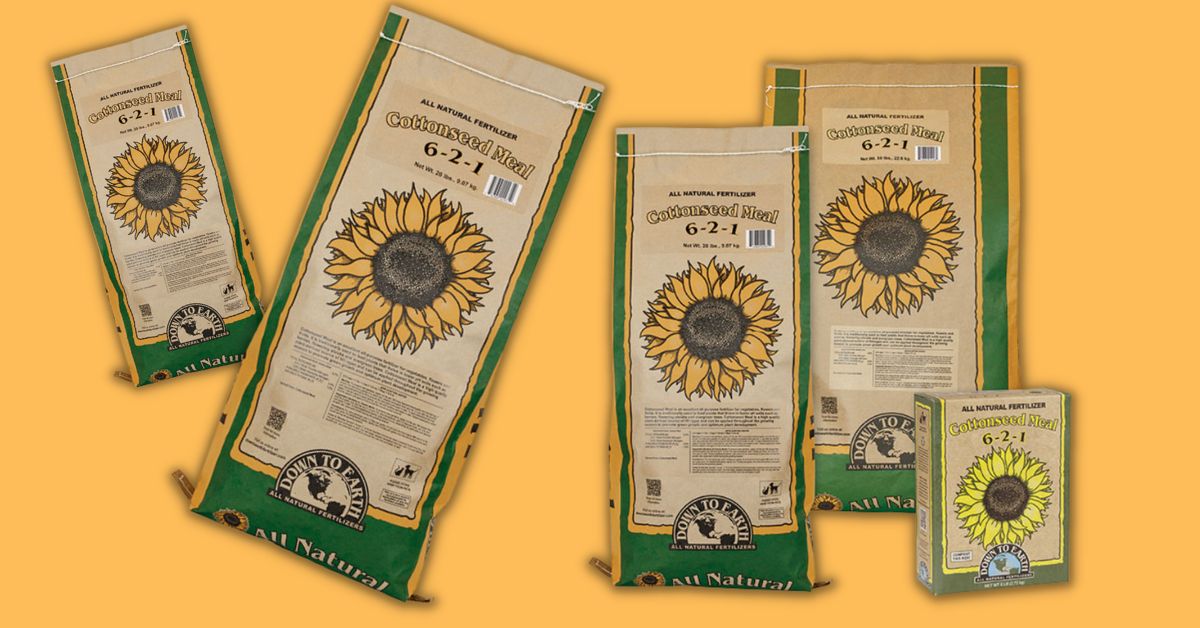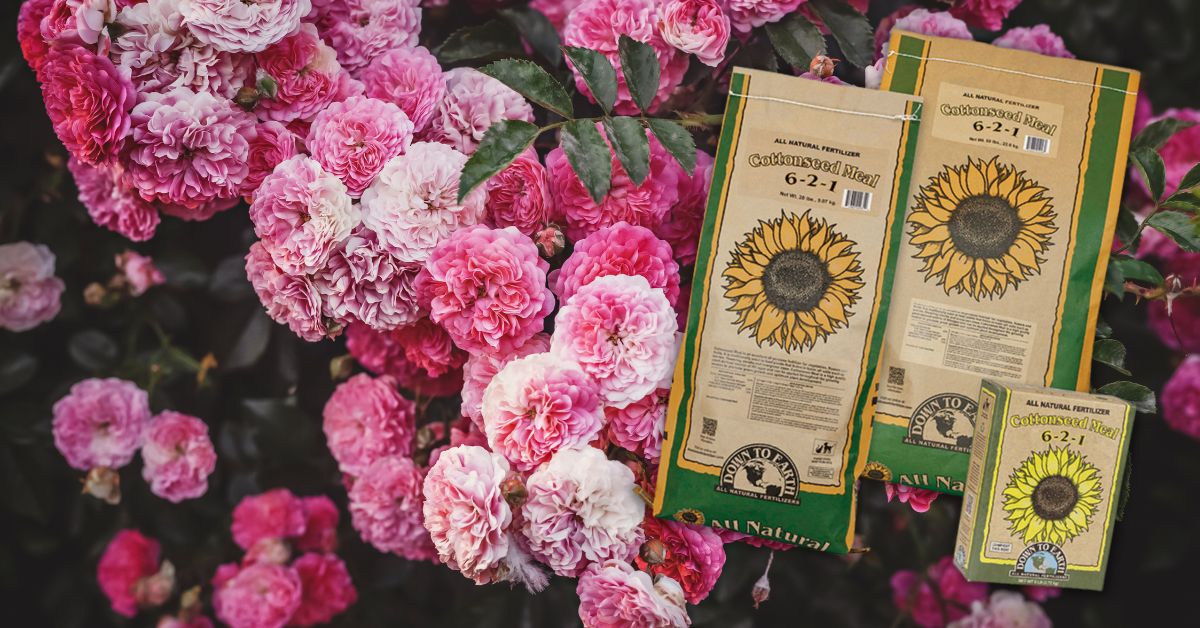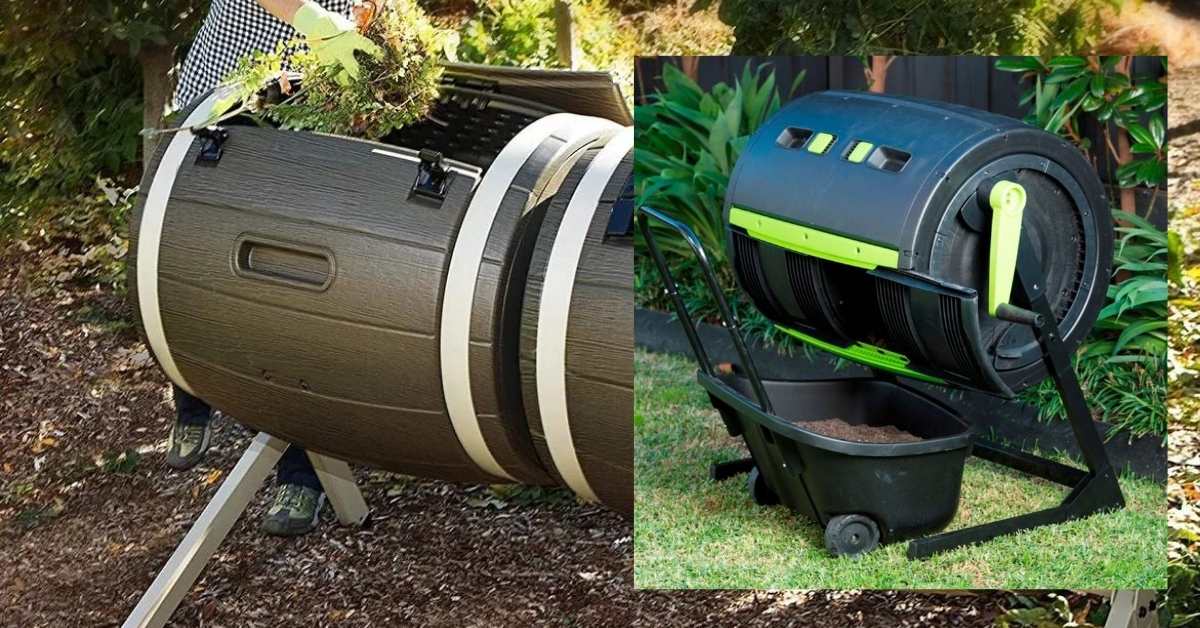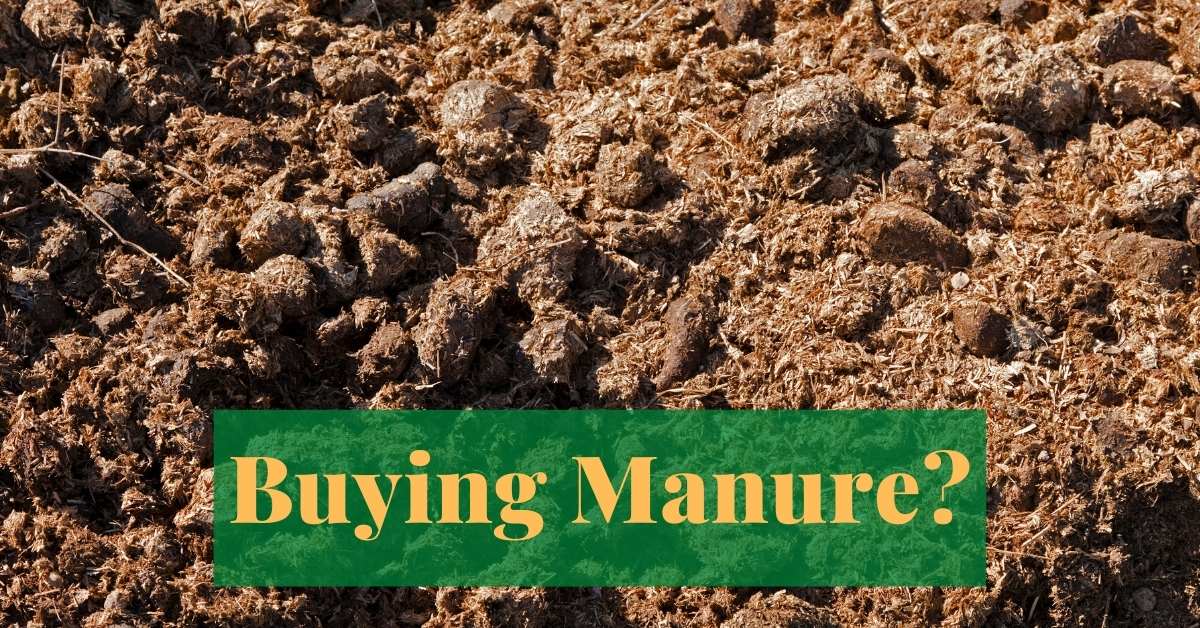Here are some reasons why cottonseed meal is a fantastic option for dry organic fertilizer. Natural fertilizer known as cottonseed meal is created during the extraction of cotton seed oil.
This 6-2-1 fertilizer is truly organic. (We have no affiliation with the product) It is completely natural, devoid of chemicals, animal waste, additives, or extenders. This product comes in 5, 20, and 50 lb. bags, is highly convenient and reduces waste. Use what you require immediately and securely store the remainder in a cool place.
It is possible to use this premium, all-natural, slow-release lawn fertilizer alone or in combination with other all-natural fertilizers. There are 6% of nitrogen, 2% of phosphoric acid, and 1% of potash in it.
Since these nutrients are given gradually, turf grass may access them for a long time. Because it won’t burn leaves and resists losses from soil leaching, it may be used liberally.
The natural matter it contributes enhances the texture of the soil and aids in maintaining soil moisture. Water turf grasses are enough to keep the ground around the roots moist during dry spells and in locations with little rainfall.
Avoid using light, frequent watering because it tends to prevent deep, effective rooting. Each irrigation should use a minimum of half an inch to an inch of water.

Directions For Use Roses:
Early Spring, apply twelve ounces around the base of each plant. Mix it into the soil so you can apply it again in late summer. To really get your roses off to a great start, apply two parts organic matter, such as cotton burr compost, to one part cotton seed meal and mix around each planting.
Azaleas, Camellias, Rhododendrons, Or Gardenias:
Use one-quarter pound per square yard in late Winter or early Spring. Mix into the soil while avoiding shallow roots. Water thoroughly. Apply again six to eight weeks later, always remembering to water thoroughly after every application.
Vegetable Gardens:
Four to six pounds of CSM for every one hundred square feet. Two to three weeks later, apply as a top dressing one to one and a half pounds per one hundred square feet. Water thoroughly.
Established Lawns:
In early Spring, apply three pounds of CSM and one pound of turf grass fertilizer for every one hundred square feet. In mid to late summer, apply three pounds of CSM for every one hundred square feet. In early Fall, apply three to four pounds of CSM per one hundred square feet to Winter over.
New Lawns:
Mix four to five pounds per every one hundred square feet into the soil. Also, add adequate amounts of Organic Matter per your soil test report.
Cottonseed meal is an excellent natural source of plant nutrients. While assuring long-lasting development, attractiveness, and productivity of turf grasses, landscape plants, and vegetable gardens, its nitrogen, phosphorus, potash, and many other minor components are released over a protracted period, reducing waste and runoff.
Its high content of natural matter loosens tight, heavy soils and helps light; sandy soils hold moisture and nutrients. As a slow-release, natural fertilizer, cottonseed meal is safe to use in liberal amounts without the danger of burning plants. This is why I recommend Earth to Earth, cottonseed meal organic fertilizer.
Besides the fact that it is an organic 6-2-1- fertilizer, I like it because of the simplicity of use! I use a lot of liquid organic fertilizer, but I must be honest that I sometimes get tired of all the mixing. (And, of course, it’s gonna get spilled somehow.)
But I can have my spreader loaded and be walking across the lawn in the time it takes to think about it! That saves me time and gives it an added value for my money.
Another thing that my wife is also reminding me of is that the lawn doesn’t smell funny after I use it. Let’s face it; liquid fertilizer is at best an “acquired smell.” It is also a great fertilizer when transplanting. When I am planting roses or blueberry bushes, I use a couple of hand fulls of cottonseed meals around the roots while I back-fill the hole. I also mix it in my raised beds as well.
Mix it well with the soil so it won’t smell after it gets wet. This is typically not a problem unless you are applying it on the surface and get it on too thick.
Reader’s Questions:
“I have just learned about the value of Cottonseed meal and cotton burr compost. In my research, I see something about gossypol toxicity. Is this something that can affect people? Also, could you tell me where I can buy cotton burr compost? I am in Columbia, SC. Thanks so much.
Your site is very informative. I can hardly wait till I can plant my backyard veggies this Spring; I have high hopes for what I learned here. Mary.
Hi Mary, Gossypol is a toxin contained in cotton plants; it is a natural defense mechanism against insects. It is completely harmless unless it is consumed. That being said, it can be dusty, and you may want to use a paper respirator while using it.
Cottonseed is often added as a feed supplement to cattle, but it is generally toxic to nonruminant animals such as poultry and swine.
Cattle typically have no adverse reaction as the microflora in their digestive tracts binds the toxin and expels it, rather than breaking it down and absorbing it. Cattle will suffer no ill effects if provided in a quantity that is 0.5% of total body weight.
In the 80s, there were several reports of Gossypol toxicity in cattle, but it was found that the cattle were being fed cotton seed “straight-up” and not blended in with their regular feedstock. They were consuming twice the recommended amounts for extended periods.
Since this was reported and the news made its way around the cattle industry, I have not heard of any other cases since. For the cotton burr compost, I recommend calling an independent garden center in your area and asking if they carry it.
FAQ
What is cotton seed meal good for?
Cottonseed meal enhances the humic acid content of the soil, which is essential for healthy plant development. It facilitates water retention and shields the soil from quick erosion by loosening compacted soil and giving substance to light and sandy soils.
What is cottonseed meal good for in the garden?
Over time, cottonseed meal feeds nitrogen, potash, phosphate, and other trace elements, preventing runoff and fostering the strong development of grass, landscape plants, and vegetable crops.
Is cottonseed meal good for vegetable garden?
Cottonseed meal is a great way to give veggies the organic matter and nutrients they need. It is a premium, organic, slow-release fertilizer made of nitrogen, phosphorous, and potassium in addition to many other minor components.
Will cottonseed meal burn plants?
Cottonseed meal with a high nitrogen content (6-2-2) is an organic fertilizer that reduces the pH of the soil, presents minimal risk of burning plants, and offers nitrogen, phosphorous, potassium, and many other minor plant food components.
Does cottonseed acidify soil?
As a result of its ability to acidify the soil, cottonseed meal is an excellent amendment for acid-loving plants including blueberries, gardenia, azalea, and rhododendron.
DIRECTIONS FOR USE: Spread between two and five pounds of fertilizer per 100 square feet on lawns and gardens. Use at a rate of eight to ten pounds per one hundred square feet if your soil is in exceptionally bad condition.
Is cottonseed meal good for Peppers?
When you do side-dressing, you are providing your plants with a regular diet by putting a little quantity of fertilizer into the soil about three inches away from the stems of your plants.
It is incredibly simple to do, and the payoff is a healthy harvest. Utilize a fertilizer such as cottonseed meal, dried manure, or a commercially available balanced fertilizer such as a 5-10-10 formulation.
Is cottonseed meal good for potatoes?
Yes. Plants that need a low pH, such as azaleas, rhododendrons, potatoes, and roses, benefit greatly from the use of cottonseed meal, which is a good all-purpose fertilizer.
Is cottonseed meal good for blueberries?
Acidic fertilizers, such as those used for rhododendrons and azaleas, are ideal for growing blueberries. The Down to Earth Acid Mix was developed with Blueberries in mind specifically. Additional organic and acidic fertilizers that are beneficial for use with blueberries include blood meal, fish meal, cottonseed meal, and feather meal.
Is cottonseed meal good for tomatoes?
Yes. At the time of planting your tomatoes, you may choose to include some cottonseed meal into your soil as a natural fertilizer. This will increase the yield of your crop. It includes nitrogen, phosphorus, and potassium in almost the same proportions as 6:2:1; the nitrogen in it encourages leafy development in the early stages of the growth cycle for new tomato plants.
Is cottonseed meal good for citrus?
Yes. Utilize a high-quality granular fertilizer such as Cottonseed Meal, MicroLife Citrus, or Lady Bug 8-2-4. In order to get the most out of fertilizing with a liquid fish and seaweed product like John’s Recipe, you should do it once every two weeks. This will ensure that the product has the desired impact.
Does cottonseed meal expire?
In most cases, the shelf life of organic cottonseed meal is around 3 years provided it is stored in a dry and cold environment. This answer was helpful to 1 out of 1 people who saw it.
Is cottonseed meal good for watermelon?
Use a nitrogen-rich organic alternative when initially planting watermelons, such as blood meal (dried blood), cottonseed meal, fish emulsion, or seaweed. Other nitrogen-rich organic options include seaweed and fish emulsion. After the vines have been removed, adding bone meal and rock phosphate will provide enough amount of phosphorus that is required for fruiting.


